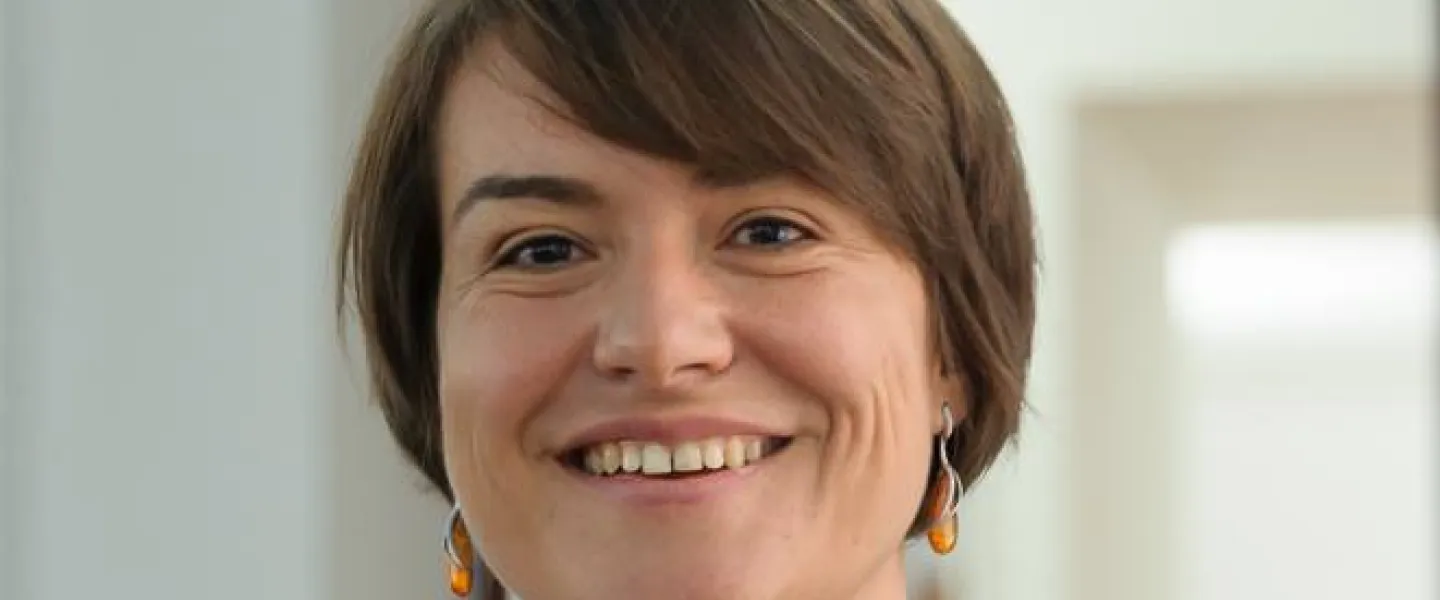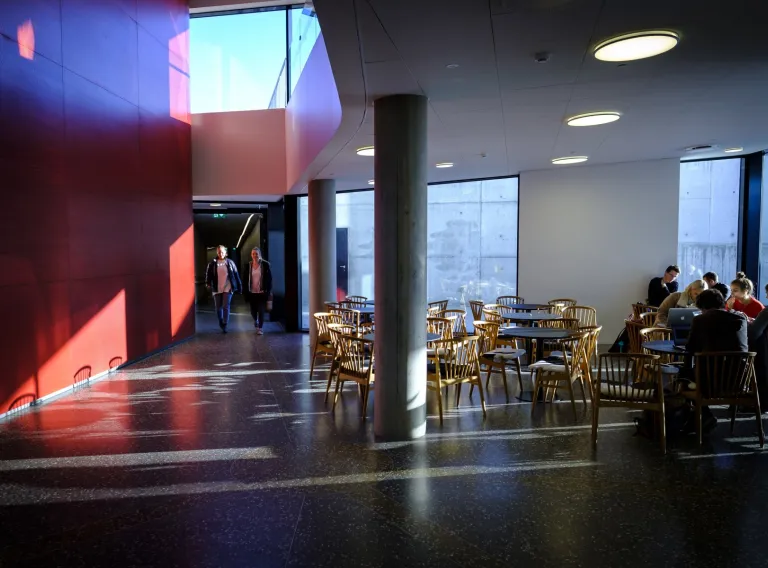
"Gypsies have been always portrayed between two extremes – a very exotic one (the colourful and free spirited gypsy) and a very negative one (stealing, begging, living marginal way of life), but in fact most of the Roma around the world are just living the life of the lay people – they are settled citizens, have housing, are educated and do the jobs that all people do." So says Sofiya Zahova, a postdoctoral researcher at the Vigdís Finnbogadóttir Institute of Foreign Languages at the University of Iceland, who has been involved in organising a major conference on the Roma people which takes place at the University of Iceland between 15 and 17 August.
The conference, which is held in Veröld – House of Vigdís, focuses on the position, history, culture and language of the Roma. This is the largest annual conference on Romani studies in the world. 140 participants from 33 different countries attend the conference, which has been organised by the oldest scientific organisation in the field of Romani studies, the Gypsy Lore Society, in collaboration with the University of Iceland, the Vigdís Finnbogadóttir Institute of Foreign Languages and the City of Reykjavík.
Roma, or Gypsies as many people know them, are a people that make up the largest minority group in Europe. The largest numbers of Roma live in Eastern Europe, but they have also been renowned for migrating in search of a better life. Roma have their own language, Romani, which is one of the topics of discussion at the conference.
Some people will undoubtedly think it odd to hold a conference on Romani studies in Iceland, but Sofiya points out that at the University of Iceland there has been considerable research in the field in recent years, not least due to international collaboration and academic staff exchange. "There have been a couple of PhD students and post-docs working in the field. The School of Humanities and the Vigdís Finnbogadóttir Institute have initiated and/or been involved with several international projects related to Roma culture and history. The Vigdis Finnbogadóttir Institute places great emphasis on the importance of language as a bridge and core of any culture, especially when it comes to small languages and stateless communities", says Sofiya, who herself manages several projects related to Romani studies grouped under the title Roma in the Centre.
Roma among migrant labourers in Iceland
Sofiya points out that the conference provides a great opportunity for scholars in Iceland to strengthen international conference in the field of Romani studies, since the leading academics in the world in this field will be attending. "Iceland is already part of all global processes. Processes such as labour migration of EU citizens and international adoption have brought Roma to Iceland, and actually Romani families from Romania, Bulgarian, Poland have been living and working here as part of the East European labour migrant communities. There is an expertise in both practical and academic matters that Icelandic society needs and the conference is a great opportunity for transfer of knowledge, networking and establishing collaborations," says Sofiya.
Romani studies is interdisciplinary in its nature, and the conference includes research involving many different fields within the humanities and social sciences, as is evident from the conference programme. "Among the topics addressed at the conference are the fate of Roma in the Second World War and the Nazi genocide, the richness of Romani literature in recent decades, and linguistic research into the Romani language. There is also a panel on how Romani studies can learn from methodologies, epistemologies, practices, debates and terminologies used in other subjects such as indigenous studies, gender studies, critical race studies and Jewish studies," says Sofiya.



